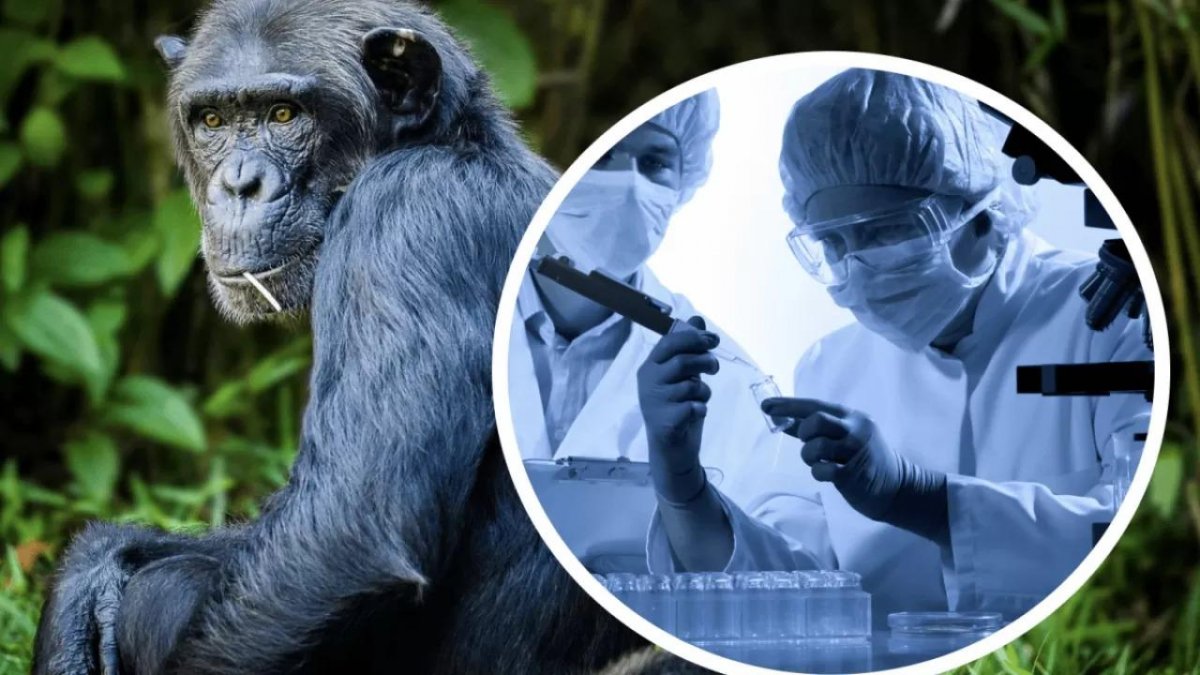“At the places of passage through the state border, sanitary and quarantine control is carried out. Measures are being taken to identify (prevent the importation) at the state border of a patient with suspicion of especially dangerous diseases using remote thermometry,” said the Chief Sanitary Doctor of the Republic of Kazakhstan, Vice Minister of Health Aizhan Esmagambetova.
Monkeypox (monkeypoxes - MPXV) is a rare infectious disease characterized by fever, general intoxication, and exanthema (redness).
The incubation period is from 5 to 21 days. In humans, the clinic is characterized by high fever, body aches, weakness, rash, vomiting, swollen lymph nodes, and dizziness.
The duration of the disease is 2-3 weeks, spontaneous recovery is typical.
The main source of disease in monkeypox are wild animals: primates and rodents (squirrels).
Infection can also occur through contact with the blood of an infected person or its body fluids, as well as through the consumption of the meat of a sick animal.
Monkeypox is now common in West African countries (Democratic Republic of the Congo, Republic of the Congo, Cameroon, Central African Republic, Nigeria, Côte d'Ivoire, Liberia, Sierra Leone, Gabon and South Sudan). The number of cases in Africa has been growing rapidly since 2016, according to official sources, the incidence has increased 20 times. The largest outbreaks are recorded in Nigeria and the Congo.
On May 20, 2022, WHO reported that 1.2 thousand cases of monkeypox have been recorded in the Congo since the beginning of the year.
According to preliminary WHO data, 110 cases have been registered in the world outside the African continent in 14 countries (Spain, Portugal, Great Britain, Belgium, Canada, Germany, Italy, Australia, the Netherlands, USA, Israel, France, Switzerland, Sweden).
The Chief Sanitary Doctor of the Republic of Kazakhstan gives the following recommendations for those traveling to foreign countries in connection with the beginning of the summer holidays and the vacation season:
1) refrain from visiting (especially with children) West African countries (Democratic Republic of the Congo, Republic of the Congo, Cameroon, Central African Republic, Nigeria, Côte d'Ivoire, Liberia, Sierra Leone, Gabon and South Sudan) where smallpox outbreaks have been reported monkeys;
2) when traveling to foreign countries, exclude contact with wild animals (primates, rodents), avoid eating in places of spontaneous and street trade, eat only carefully thermally processed meat (products), 3) when visiting crowded places, use personal prevention measures (distancing, masks, antiseptics), observe hand hygiene.
4) if, upon returning from a trip, you feel unwell, have a temperature, a rash (redness, blisters, etc.) for 3 weeks, immediately contact the nearest medical organization, be sure to inform about your stay abroad.










